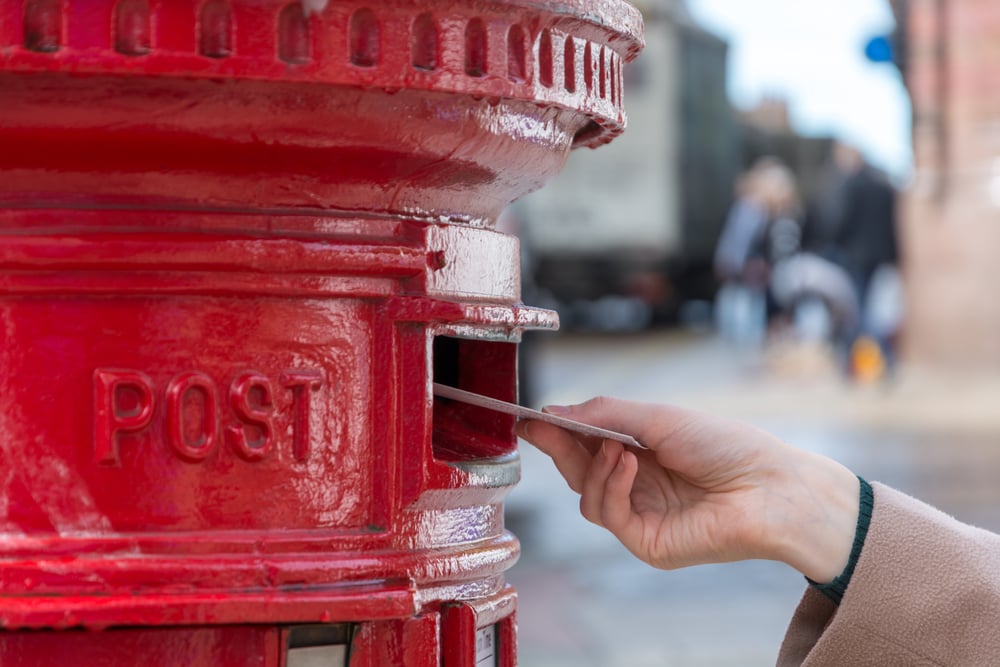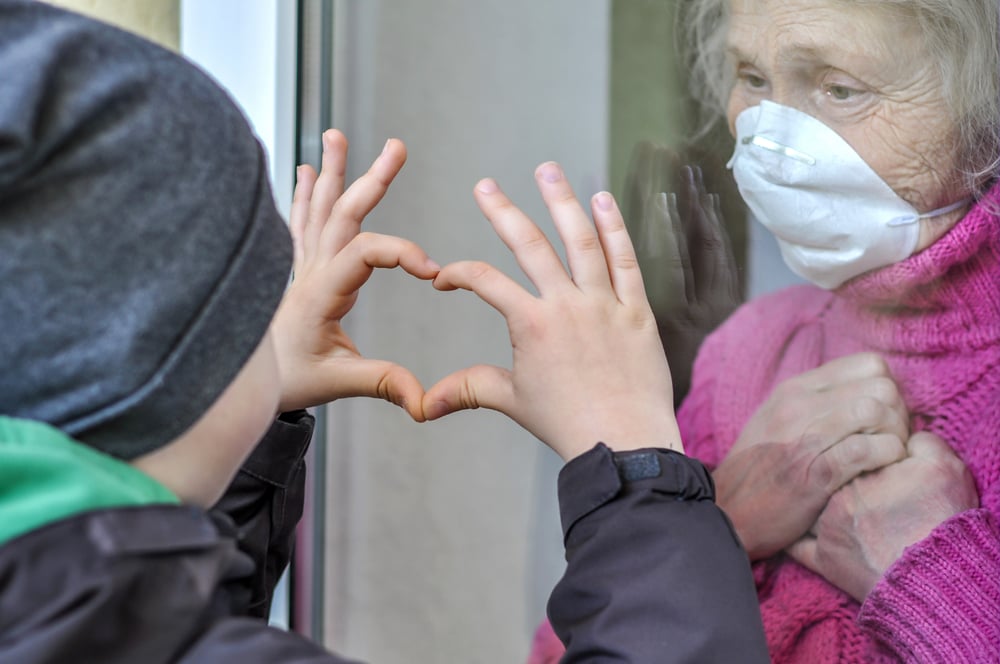How to Combat Loneliness in Care Homes During the Pandemic
The Elderly and Loneliness During the Pandemic
The elderly living in care homes are especially at risk of increased loneliness and isolation during the pandemic. Many care home residents are more isolated than normal as their families try to keep themselves and their loved ones as safe as possible. The Campaign to End Loneliness reports that there are over nine million people in the UK who are lonely and in need of friendship - many of those people reside in care homes.
MIT researchers showed that loneliness is a need all humans need to have filled, just like eating and breathing. To help do your part to combat loneliness in care homes during the pandemic, why not think about trying out these suggestions? Whether you live near a care home or have a family member in a care home yourself, they might be just the help someone is looking for.
Rent My Parking Space
Join thousands of Stashbee Hosts, start earning now
Rent My Parking Space
How to Combat Loneliness in Care Homes
1. Help families to make regular visits by renting out your parking space
If you live near a care home, one easy way you can make a difference is by renting out your parking space. This could allow the loved ones of care home residents to find a regular place to park and help to take the stress out of ongoing visits. Anything you can do to prevent them from endlessly circling full care home car parks or chancing their knowledge of UK parking laws by parking on the road will be a great help.
Over one million adults in care homes reported that they regularly go longer than one month without talking with a friend, neighbour or family member. By enabling people to rent a space from you, you’re making it that bit easier for friends and family to visit their lonely loved ones and make that number smaller.
Related
How to Make Extra Money from Home Safely During the Lockdown
2. Embrace digital communication
In a time of technological advances, why not use these tools to help those who are feeling lonely? If you know someone in a care home, reach out to them digitally to see how they’re doing, no matter how distant they may be physically. While Zoom fatigue is definitely a real thing, when it comes to battling the epidemic of loneliness and social isolation, there’s no better cure than being connected to those you love.
Visits with loved ones, whether in-person or digital, are vital to help care home residents stay connected to their network and the outside world. Often friends and family will be the first to note signs that something is wrong and can help care home workers, doctors or nurses make sure that they get the support they need. Although of course this is easier to do in person, spending time together digitally is better than not at all.
3. Join a pen pal group
Many care homes in the UK and worldwide have embraced the joy of the envelope as an addition to digital communication. Paper and pencil communication may be easier for care home residents who may not have grown up with Skype, who can enjoy that feeling of connection without worrying about cat filters on Zoom or getting the camera set up just right.
The benefit isn’t only one sided, of course. Whether you write to a loved one or a complete stranger, it can be very therapeutic to write a proper, “old-fashioned” letter and take a trip to the post box to send it.
Best practices for writing letters to your care home pen pal include:
-
- not mentioning the pandemic (we all know one is happening anyway)
- not mentioning the date
- adding an element of creativity like a fun drawing
- sealing it up in an envelope to make the letter receiver feel special
You shouldn’t expect to get one in return - sending a letter should be a joy and not just another thing for the person you’re reaching out to do. It can feel tough to reach out to someone you don’t know, but we’ve all had fun conversations with strangers. Bring that energy to your letter and your recipient will be happy to receive it.

Related
How to Rent Out Your Space More Easily
4. Donate to organisations
If you don’t know anyone in a care home, and may not have the time to send letters, there’s always the option to donate money. Many organisations are already in place with trained employees and volunteers who are able to help fight against loneliness in older adults - they just need the cash that can help them do their jobs!
Organisations like Friends of Care Homes and Friends of the Elderly need the funds desperately, especially as volunteers may be going out less during the pandemic, or as others have paused their donations until more certain times. Just by offering whatever money you can spare you can do your part to help experts combat loneliness.
Lonely people experience greater risk to both physical health as well as mental health. Age UK estimates that social isolation can put people at increased risk of a weaker immune system, dementia, cardiovascular disease and an overall shorter life span. It’s important for those of us who are lucky to be isolating at home with our own families to do what we can to combat elderly loneliness.
These tips may not totally solve the tricky issue of loneliness in care homes, but they might inspire you to help care home residents, who are among those most in need of connection and assistance during this pandemic. Every little bit can make a small difference, whether it’s connecting with a loved one any way you can or helping out those who want to do so themselves.
Reach out to us at @stashbee with any questions about renting your parking space - whether to the friends or family of care homes, or anyone else!
Rent my Parking Space
Join thousands of Stashbee Hosts, start earning now
Rent my Parking SpaceZulie
Written 17th Apr 2023

